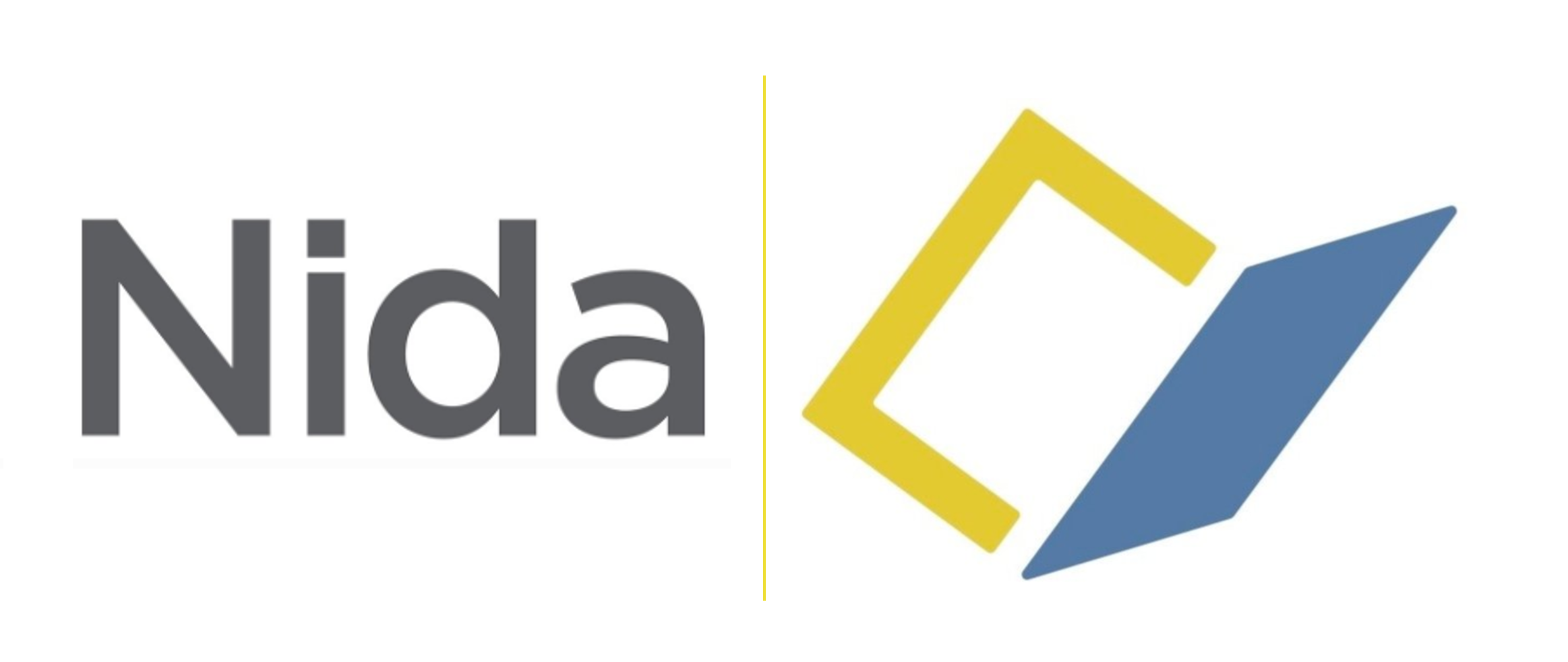
|
Home | History | Translation | Bible Resources | Partnerships | Team |

|
The Nida Institute firmly believes that one of the most efficient ways to serve the global Bible Translation cause is to provide translators with high quality Bible background resources that will help them create better drafts. These resources should be relevant and easily accessible. The Nida Institute plays a leading role in several projects serving this goal.
Project MARBLE was first launched in 2015. This is an acronym that stands for Modular Aggregation of Resources on the Bible, and entails the creation of a cutting-edge electronic library of Bible background resources (dictionaries, background articles, images, video-clips, etc.) in major languages of the world, aimed at democratizing the world of BT by giving mother tongue translators direct access to materials that will help them find answers to difficult questions.
All these materials will be available in English, French, Spanish, Portuguese, Chinese, Russian, Arabic, Indonesian, Hindi, Tamil, Telugu, Malayalam, Gujarati, Kannada, Mizo, Ao Naga, and Swahili, through major BT tools such as Paratext, SLTT, AVTT, etc. These data can also be accessed via the MARBLE website, which is freely accessible to all who are interested. For more details about this project, click here.
The Bible Online Learner is a free, online learning platform that assists students in learning Biblical languages such as Hebrew and Greek. It can be used both in classroom settings and for private learning. Students can use it to read and study the grammatically annotated source texts and do the exercises at the desired level. The exercises can be repeated as often as one wishes, but the questions asked will always be different. The tool also keeps score of the student's accomplishments. Teachers can use the tool to create their own exercises using their preferred methodology.
The Bible Online Learner was originally developed by the Danish Bible Institute but handed over to the Nida Institute in 2022. The Nida Institute responded by forming a consortium with representatives from seminaries and universities in different parts of the world, working together to further develop the tool.
The interface is available in multiple languages.
The Kairos Project uses GPT technology to create and test new kinds of biblical resources for translators and the global church. This helps us get early feedback from different groups to make sure the materials are helpful and accurate before they are fully developed.
We are currently testing prototypes of:
These early versions are just the first step toward creating fully developed, high-quality resources.
By combining AI technology with human expertise, the Kairos Project is working to create better, more accessible biblical tools for translators and the church worldwide.